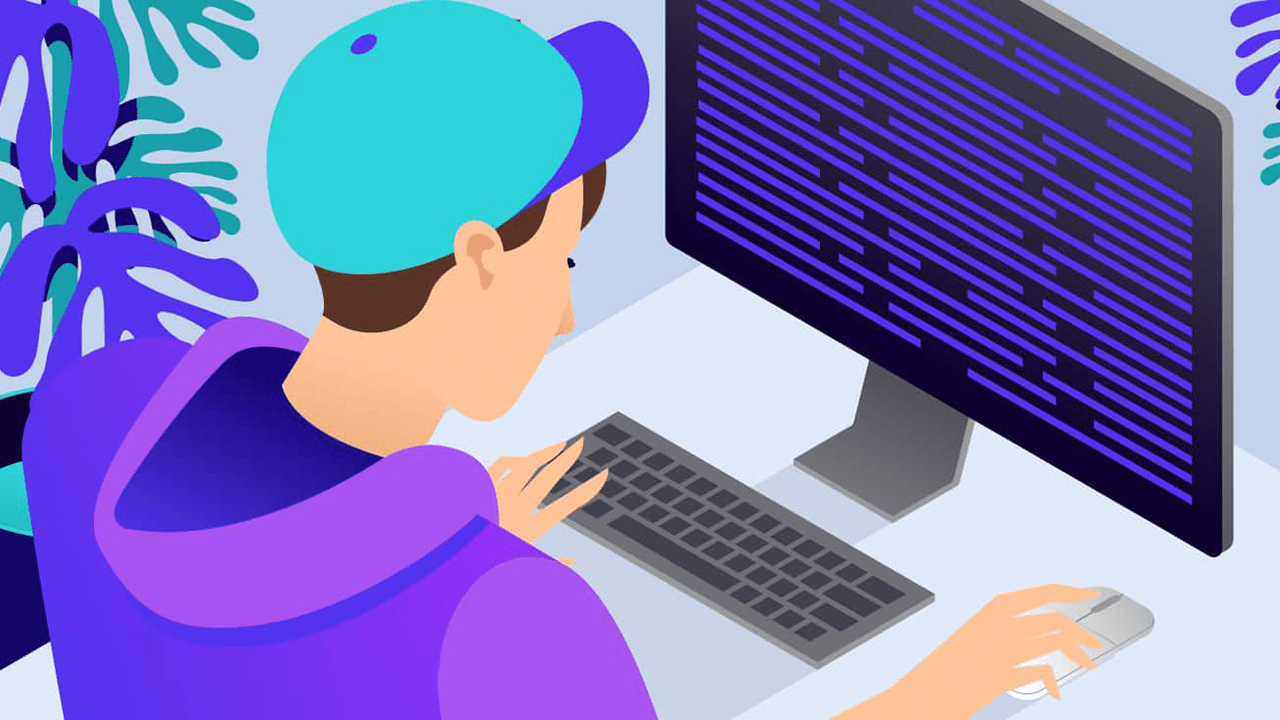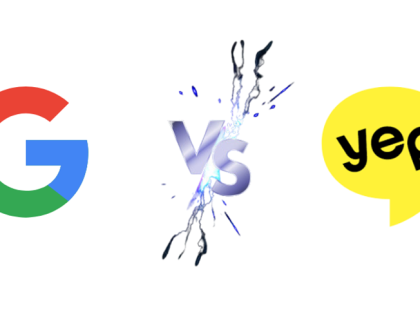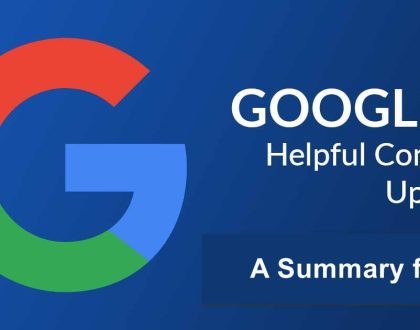Scraped content? It’s not worth losing your sleep over it!

Are you tired of seeing your hard work copied and pasted on other websites without your consent? Do you feel angry and frustrated, thinking about all the time and effort you put into creating original content? If so, you’re not alone. But the truth is, scraped content is a problem that’s been around for years, and it’s not going away anytime soon. So, is it worth losing your sleep over it? Let’s find out.
What is Scraped Content?
Scraped Content is the content that is copied from other places on the web and pasted on a particular website as if it belongs to the site owner. This practice has been around for well over 15 years, and it’s still prevalent today. Scraped content can include anything from blog posts, news articles, images, and videos.
Heart of the Matter
Recently, Google’s Webmaster Trends Analyst – John Mueller – said on Twitter that he wouldn’t lose sleep over people scraping copyrighted content. He wrote, “there’s a lot of scraped content out there which has minimal visibility, it’s not always worth losing sleep over it.”
John’s tweet sparked a debate among content creators, with some agreeing with him and others strongly opposing his view. But, what’s the truth behind this statement? Should we really not worry about scraped content?
John tweeted the following:
Our Observation:
Many times when websites publish their articles, it is scraped almost within seconds. Such scraping is automated scraping, the rest use it for articles and newsletters, days later. Scrapping happens, and it is normal. People do copy and paste.
Back in 2011, Matt Cutts shared a video on Stolen Content Outranking You. Later in 2013, we understood that if you get penalized, then it is possible that Google may rank the stolen content above your original work.
The reality is that scraped content is a common occurrence on the internet, and it’s not always possible to prevent it from happening. While it can be frustrating to see your work copied without attribution, it’s important to remember that not all scraped content is harmful. In some cases, it can even benefit your website.
For example, if a high-authority website scrapes your content and links back to your site, it can actually help increase your visibility and drive traffic to your website. However, if the scraped content is being used to generate revenue through ads or is harming your reputation, then it’s worth taking action to prevent it.
How to deal with Scraped Content?
If you find your content being scraped without your permission, there are a few steps you can take to deal with it:
- Reach out to the website owner and ask them to remove the content. Be polite and provide evidence that the content is yours.
- If the website owner does not respond, you can file a DMCA takedown notice with their web host or Google.
- If the website is based in another country, you may need to seek legal advice.
- Use tools like Copyscape or Google Alerts to monitor your content and detect instances of scraping.
Conclusion
Scraped content is a common problem on the internet, and while it can be frustrating, it’s not always worth losing your sleep over it. Some scraped content can even benefit your website by driving traffic and increasing your visibility. However, if it’s harming your reputation or being used to generate revenue, it’s worth taking action to prevent it. Remember to use tools like Copyscape and Google Alerts to monitor your content and take legal action if necessary.
FAQs
Is it legal to scrape content from other websites?
No, it’s not legal to scrape content without permission from the website owner. Doing so can violate copyright laws and lead to legal consequences.
Can scraped content harm my website’s ranking?
Yes, scraped content can harm your website’s ranking if it’s seen as duplicate content. Google’s algorithms penalize websites that publish duplicate content, so it’s important to take action to prevent scraped content from being indexed.
How can I prevent my content from being scraped?
Unfortunately, it’s not always possible to prevent your content from being scraped. However, there are steps you can take to make it harder for scrapers to copy your content, such as disabling right-clicking, using watermarks on images, and using plugins that detect and block scrapers.
What should I do if I find my content being scraped?
If you find your content being scraped, the first step is to reach out to the website owner and ask them to remove it. If that doesn’t work, you can file a DMCA takedown notice with their web host or Google. If the website is based in another country, you may need to seek legal advice.
Is it worth taking legal action against scrapers?
It depends on the circumstances. If the scraped content is harming your reputation or being used to generate revenue, then it may be worth taking legal action. However, if the content is not causing any harm, it may not be worth the time and expense of pursuing legal action.
Recommended Posts

iGaming Content Providers – Who Leads Europe?
April 11, 2024

YEP.com vs Google
March 1, 2024

Everything About Google’s Latest Helpful Content Update
October 3, 2023




